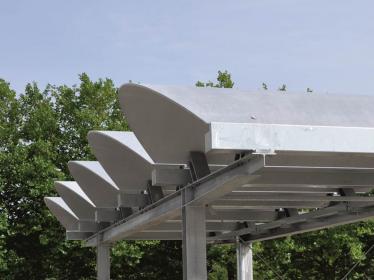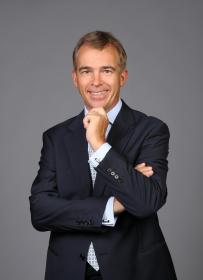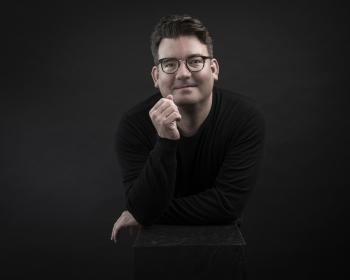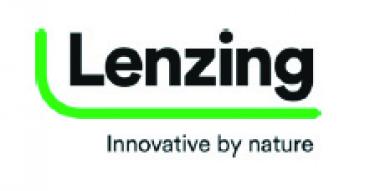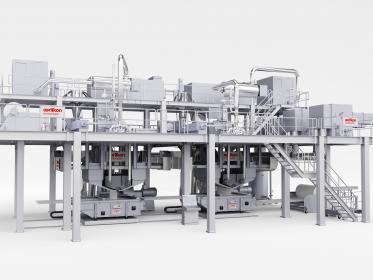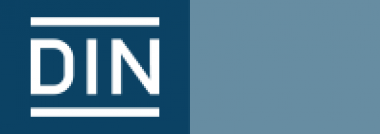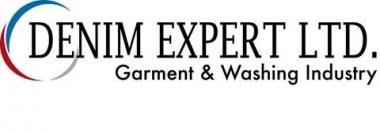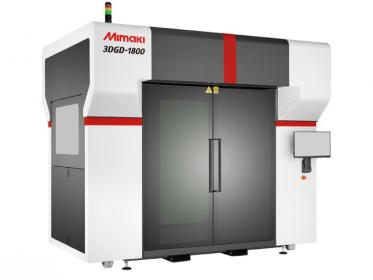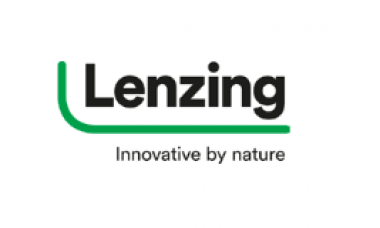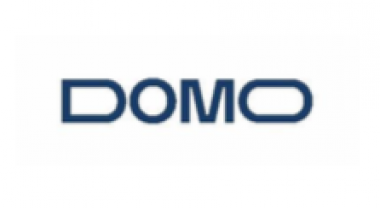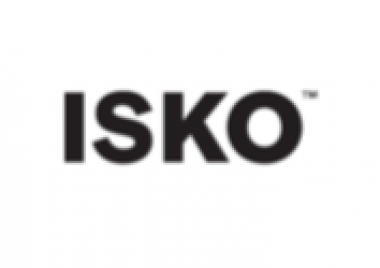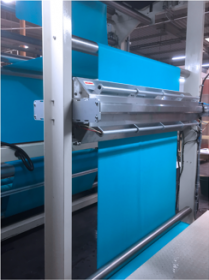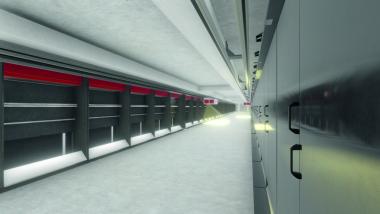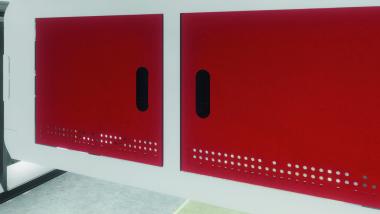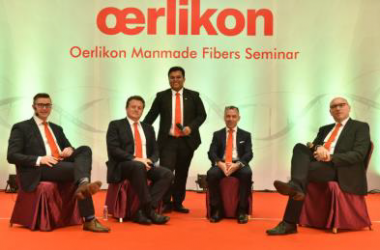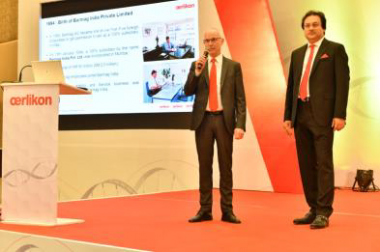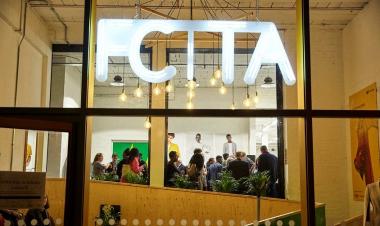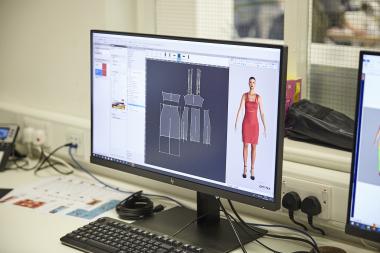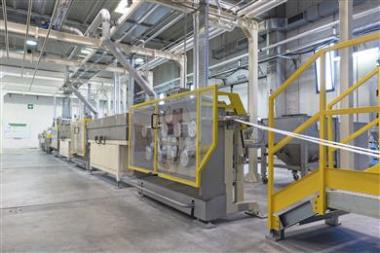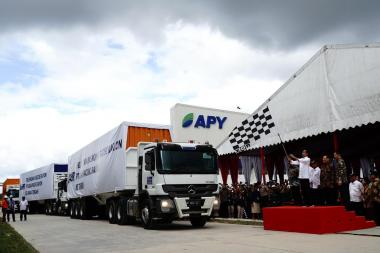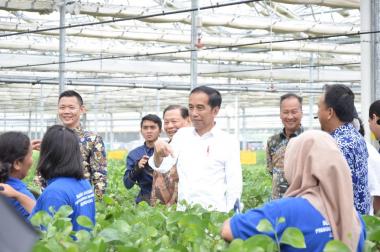DFG funds Collaborative Research Centre / Transregio 280 on carbon reinforced concrete
- Joint proposal of TUD and RWTH Aachen University
On 29 May, the Deutsche Forschungsgemeinschaft (DFG, German Research Foundation) decided to fund the Collaborative Research Centre (CRC)/Transregio 280 "Carbon reinforced concrete" at Technische Universität Dresden, short TUD, and RWTH Aachen University with the participation of the Institut für Textiltechnik, short ITA, with 12 million euros over the next four years.
The CRC/Transregio 280 “Design Strategies for Material-Minimised Carbon Reinforced Concrete Structures - Principles of a New Approach to Construction” breaks with the traditional way of designing reinforced concrete plants. The interdependence of reinforcement and matrix is being investigated in depth and a completely new design and construction strategy for building with carbon reinforced concrete is being developed.
Carbon reinforced concrete enables completely new design and construction possibilities in the building industry. The reasons for this are its very high strength and the possibility of a very low concrete overlay of only a few millimetres, as carbon, unlike structural steel, does not rust. However, the successful use of the new material, which was awarded the German Future Prize in 2016, requires completely new design and production strategies, which are being investigated in the CRC/Transregio.
Up to now, textile reinforcements have been coated and cured prior to component manufacture. This process is called offline consolidation. These stiff semi-finished products are not suitable for the production of complex components based on new, digital and continuous manufacturing processes (including 3D concrete printing and concrete extrusion). Therefore, ITA is investigating in the sub-project B02 of the CRC/Transregio how forming and consolidation steps are shifted in time by prepreg systems into the concreting process and how they can be applied within the new digital continuous manufacturing processes. In addition to established curing mechanisms, such as by heat or UV radiation, new approaches are also being researched. These new approaches include activation via the alkalinity of the concrete, microwaves and induction
The TUD and RWTH Aachen were awarded the grant on the basis of many years of experience in the research field of textile reinforced concrete. The material textile reinforced concrete was developed in two special research areas at both universities from 1999-2011 and was first fundamentally researched.
19 individual institutes are involved in the CRC/Transregio 280. The spokesman of the TUD is Professor Dr Manfred Curbach, the spokesman of the RWTH is Professor Dr Josef Hegger.
Institut für Textiltechnik der RWTH Aachen University, ITA


